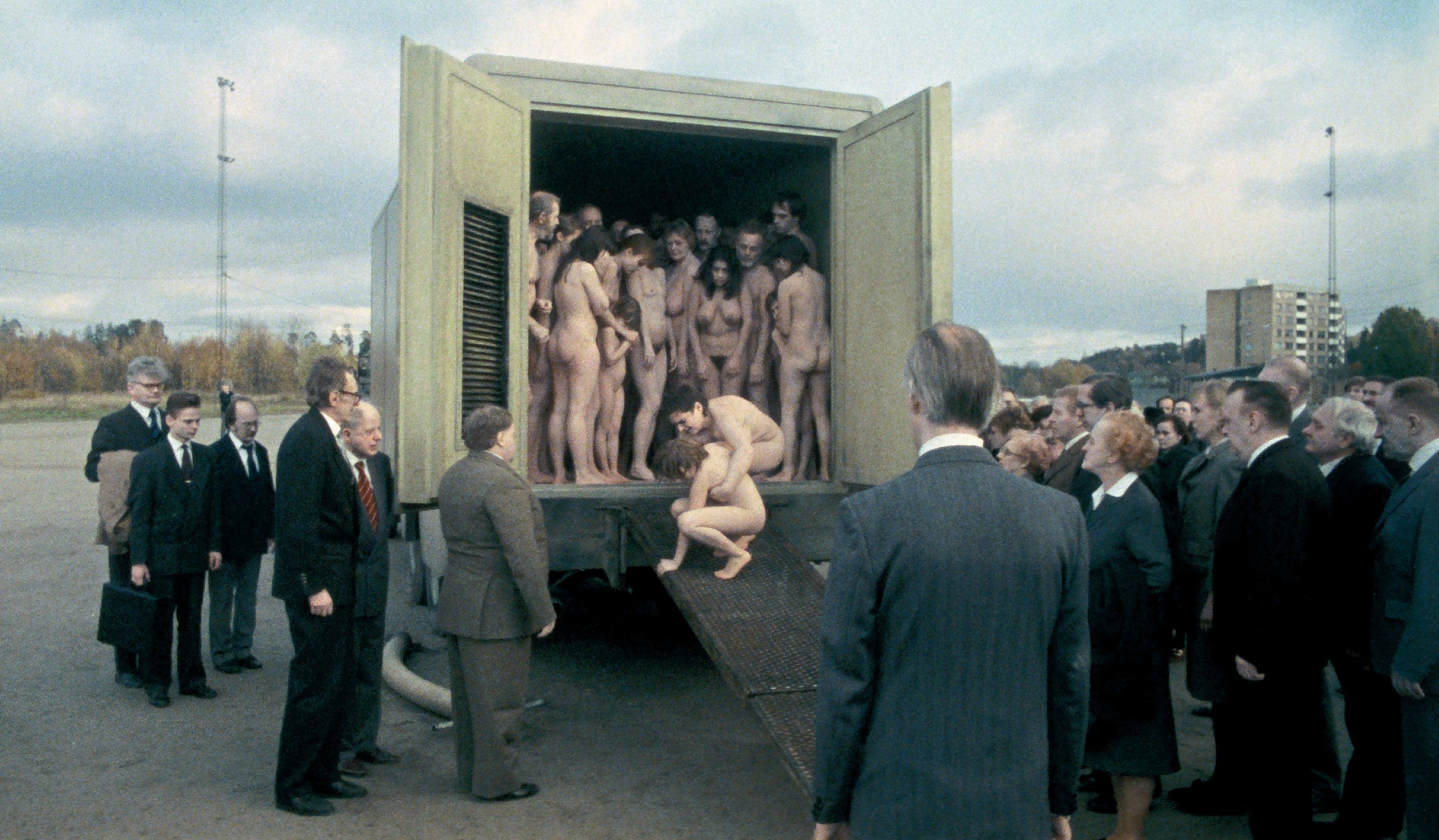Übergordnete Werke und Veranstaltungen
Strangers in the World
Personen
Media
Children are not self-reliant but are dependant on permanent support in order to survive. As a result their relationship to fear is existential. Infants are not able to assess degrees of risk. They move towards sources of danger without any fear at all (this causes parents even more concern). Later the infants become aware of the dangers and also of their own helplessness. The older they become, the more difficult it is to maintain a balance between the self-assertion needed for the development of their own identity on the one hand and the need for protection within the family on the other hand. The environment they grow up in, which they have no influence on, is central to this development. The films in this programme are drawn from very different cultures, which all take a very different approach to adolescents.
In the 1950s thousands of educational films about how to bring up children were made in the USA. On the one hand one can perceive them as a direct follow-up to the propaganda of World War II. On the other hand they were intended to counteract the new freedom of post-war Modernism with up-to-date codes of behaviour that fitted the spirit of the time. They were aimed particularly at teenagers, who in the 1950s were perceived to be social problem cases: “You could have impulsively said yes. Why didn’t you Sally?” Toward Emotional Maturity deals with the problems of growing up, and with the “unreasoning, illogical emotion” – in other words sexuality that was supposed to be kept under control, particularly among girls. Western society however emphasizes less the traditional, external supervision (imposed for example by parents or through rigid moral codes of conduct). Sally should “realize” herself where the boundaries of her new freedom are and in this way set up a new system of internalized control; a system that still successfully manipulates western societies.
13-year-old Najmia in Sanaa is confronted with a very different problem. She rejects the traditional head covering that women over a certain age are required to wear. The documentary A Stranger in Her Own City follows the struggle of a young girl who fights against the rigid traditions with a great deal of esprit and charm – in the end to no avail. In contrast to the first film in the programme, Khadija Al-Salami does not film from the perspective of an adult society but from that of a rebellious young girl. In doing so, she also processes her own experiences as an adolescent in Yemen.
Valeria Gai Germanica was virtually still a child herself when she began to make documentaries about her family. In Boys she portraits her 9 and 10 year old nephews who grew up in a completely desolate family environment. When the mother of the two youngsters is no longer able to deal with their resistance, she tries to have them put in a home. The filmmaker accompanies the process with her small hand-held camera. Her hectic movements within the cramped space create a claustrophobic feeling, which draws the viewer deeper and deeper into the wretchedness of the family. Because of their intense and desolate portrayal of Russia, Valeria Gai Germanica’s documentary films were heavily criticized and rarely shown (in particular Boys). Meanwhile she has been awarded a prize in Cannes for her no less radical feature film Everybody Dies But Me and in Moscow she is currently producing the TV seriesSchool, which is also the subject of fierce debate.
Marcel Schwierin



